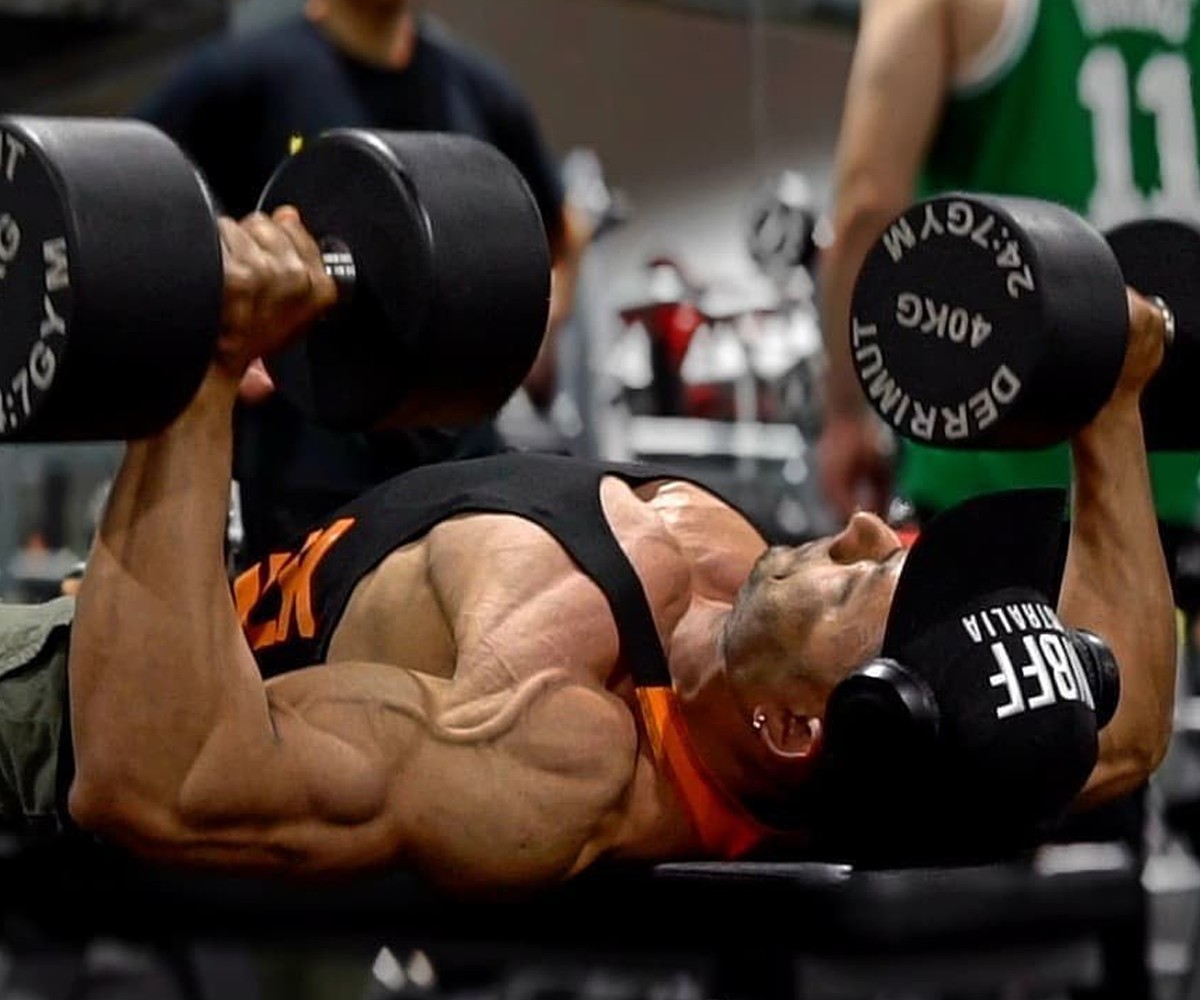Is Cardio Detrimental to Maximum Muscle Growth?

Will cardio really help me lose weight?
Cardio is always touted as a critical ingredient for fat loss; if you have fat to lose, then go out and get running!
But it doesn't work like that.
We know one thing for sure in the world of fat loss: it is governed by a calorie deficit only.
And here's what else we know: The same deficit can come from our diets, or a combination of diet and exercise, and fat loss is the same.
Read that last sentence again!
Now, of course, cardio contributes to a calorie deficit. But the main point is there's nothing inherently magic about it.
If you spent 3 hours a day performing cardio, yet eat in a calorie surplus, the cardio is not going to save you from gaining weight. You can't hack the fundamental truths of energy balance.
The amount of fat burnt during cardio is just too small to get excited about.
Even in the case of high-intensity interval training (HIIT), which was touted as burning calories for "ages" afterwards when it first came out, doesn't translate in research.
Studies show that after intense cardio like HIIT, we burn more calories for 3-24 hours, but only 6-15% of the calories burnt from the exercise itself.
So, burn 300 calories from your HIIT session and you'll burn 15% of that at best; an extra 45 calories.
And when you factor in the time it takes you to go to the gym, or go on that walk or run, it's time-consuming.
Now, of course, we're not advocating NOT going to the gym for cardio if you like doing it!
From a body composition point of view and forgetting about what exercise people may prefer; the gym's main benefit is for resistance training which promotes muscle growth, strength, and shape, not to mention the host of positive mental health effects.
Cardio and muscle growth
So, here's the news about cardio and resistance training: they don't go hand in hand for muscle growth.
In fact, by doing both, you're decreasing the positive effects of both.

Research shows that performing strength and endurance training reduces cardiorespiratory fitness results, explosiveness, strength, and muscle growth.
Scientists call this the "concurrent training effect" or more appropriately "the interference effect."
Basically, it's the failure of your body to adapt in any way significantly because you're asking it to do so in opposite directions.
It means that your muscle fibre types change, and the signalling pathways too would be better sent in one direction.
Moreover, PKB (protein kinase B/Akt) and AMPK (AMP-activated protein kinase) go to war with each other when you perform cardio and resistance training:
PKB: decreases protein breakdown and activates protein synthesis, making it very favourable for muscle growth
AMPK: Increases glucose transport and mitochondrial protein, which are ideal for increasing endurance and cardiorespiratory fitness.
So, when they're forced to get along, they block each other's signalling.

In other words, performing endurance cardio like a 10 km run limits muscle growth and strength gains from any resistance exercise you do.
Basically, you can't be your biggest and your fittest; in order to excel at one, you must choose one.
But this doesn't mean you shouldn't do cardio AND weight training if you like them both.
You might be happy to neglect some muscle growth, and neglect optimal cardiorespiratory fitness, for the pleasure you derive in performing both at different times.
Performing both is still beneficial and a healthy lifestyle!
However, the bottom line is that cardio is detrimental to maximum muscle growth. For optimal muscle retention during a diet, ensure your calorie deficit comes from only a reduction in calorie intake and not from cardio. This will ensure you look your best!
Cardio simply doesn't make you lose any more weight. And cardio and weight training combined is detrimental to the outcomes of both; it hinders muscle growth AND cardiorespiratory fitness in what scientists call "the interference effect." Your body only wants to go in one direction. So, unless you love strength training and endurance training, and are happy with sub-optimal results in both, stick to just one!
Further reading - Is cardio better before or after your weights workout?

Dayne Hudson
Like many, Dayne was once desperate to lose weight and get into shape. But everyone he asked, everything he read, lead to the same place... nowhere.
His journey started there - researching science journals and completing a Sports Nutrition Specialist qualification so he could make weight loss easier.
References:
- Baar K. Training for endurance and strength: lessons from cell signaling. Med Sci Sports Exerc. 2006 Nov;38(11):1939-44. doi: 10.1249/01.mss.0000233799.62153.19. PMID: 17095927.
- Boutcher SH. High-intensity intermittent exercise and fat loss. J Obes. 2011;2011:868305. doi:10.1155/2011/868305
- Chtara M, Chaouachi A, Levin GT, Chaouachi M, Chamari K, Amri M, Laursen PB. Effect of concurrent endurance and circuit resistance training sequence on muscular strength and power development. J Strength Cond Res. 2008 Jul;22(4):1037-45. doi: 10.1519/JSC.0b013e31816a4419. PMID: 18545210.
- Chtara M, Chaouachi A, Levin GT, Chaouachi M, Chamari K, Amri M, Laursen PB. Effect of concurrent endurance and circuit resistance training sequence on muscular strength and power development. J Strength Cond Res. 2008 Jul;22(4):1037-45. doi: 10.1519/JSC.0b013e31816a4419. PMID: 18545210. Dolezal BA, Potteiger JA. Concurrent resistance and endurance training influence basal metabolic rate in nondieting individuals. J Appl Physiol (1985). 1998 Aug;85(2):695-700. doi: 10.1152/jappl.1998.85.2.695. PMID: 9688748.
- Häkkinen K, Alen M, Kraemer WJ, Gorostiaga E, Izquierdo M, Rusko H, Mikkola J, Häkkinen A, Valkeinen H, Kaarakainen E, Romu S, Erola V, Ahtiainen J, Paavolainen L. Neuromuscular adaptations during concurrent strength and endurance training versus strength training. Eur J Appl Physiol. 2003 Mar;89(1):42-52. doi: 10.1007/s00421-002-0751-9. Epub 2002 Dec 14. PMID: 12627304.
- LaForgia J, Withers RT, Gore CJ. Effects of exercise intensity and duration on the excess post-exercise oxygen consumption. J Sports Sci. 2006 Dec;24(12):1247-64. doi: 10.1080/02640410600552064. PMID: 17101527.
- Strasser B, Spreitzer A, Haber P. Fat loss depends on energy deficit only, independently of the method for weight loss. Ann Nutr Metab. 2007;51(5):428-32. doi: 10.1159/000111162. Epub 2007 Nov 20. PMID: 18025815.
- Wilson JM, Marin PJ, Rhea MR, Wilson SM, Loenneke JP, Anderson JC. Concurrent training: a meta-analysis examining interference of aerobic and resistance exercises. J Strength Cond Res. 2012 Aug;26(8):2293-307. doi: 10.1519/JSC.0b013e31823a3e2d. PMID: 22002517.
Related Blogs

Cardio Before or After Weights - Which Is Better?
Posted by Dayne Hudson
Estimated reading time: 5 minutes

Cardio for fat loss: Fasted or fed?
Posted by Ellie Hearn
Estimated reading time: 5 minutes

The Benefits of Doing Both Weights and Cardio
Posted by Dayne Hudson
Estimated reading time: 5 minutes




























